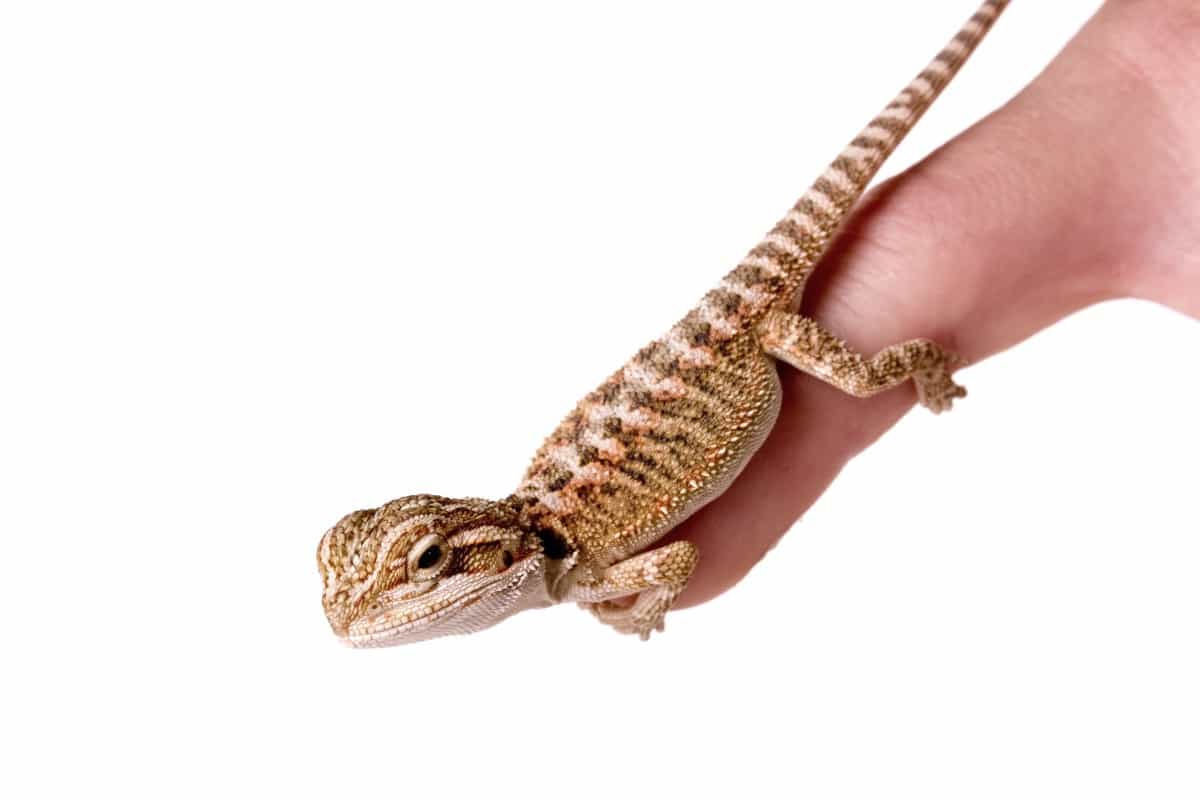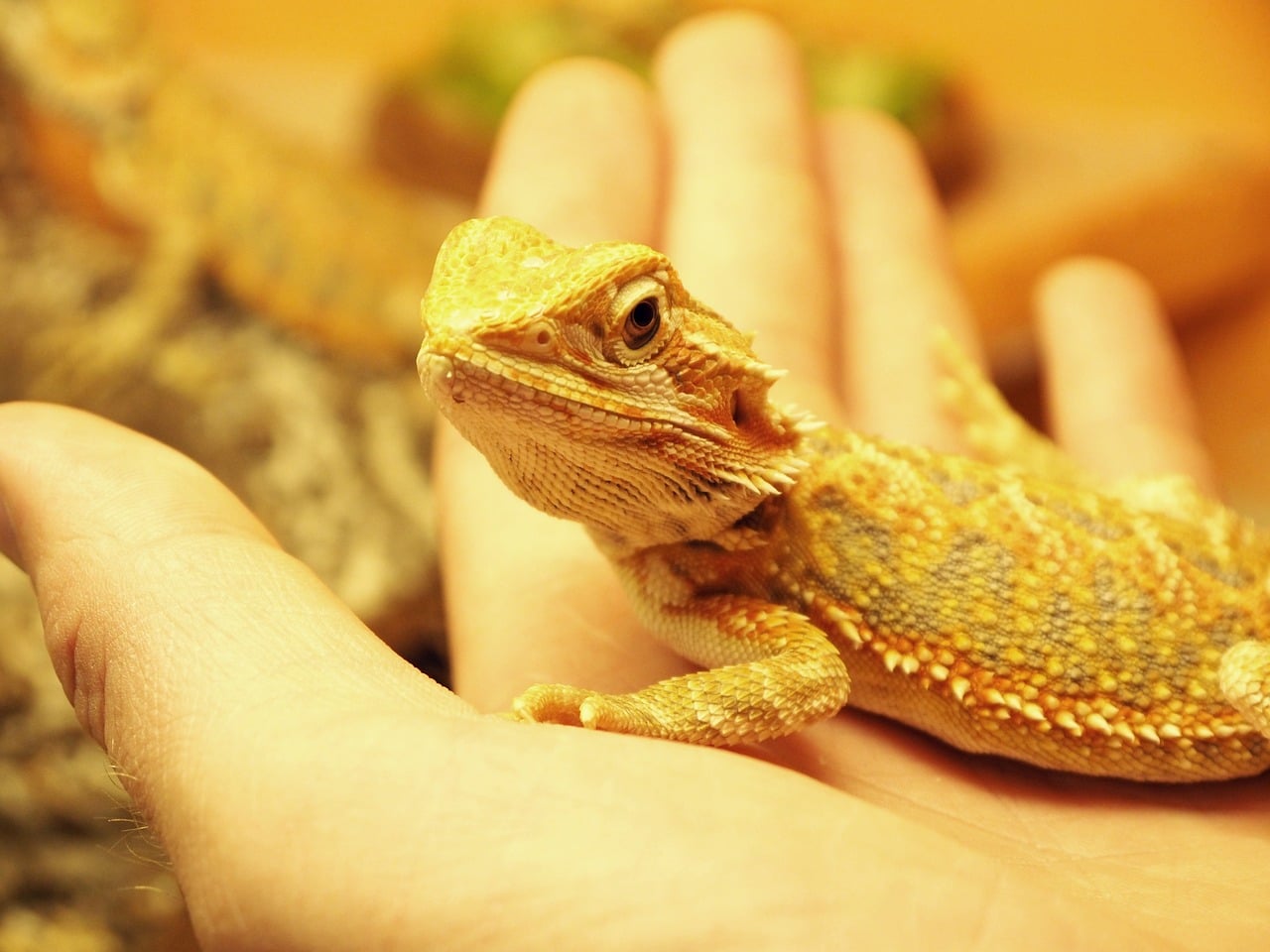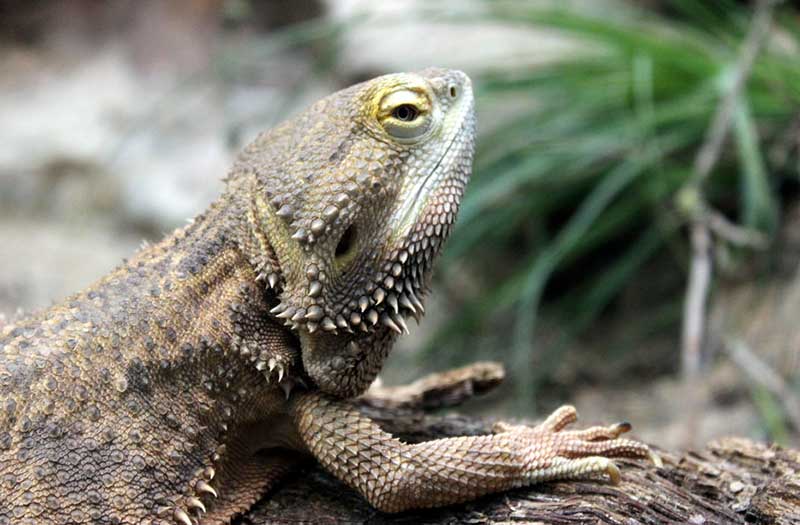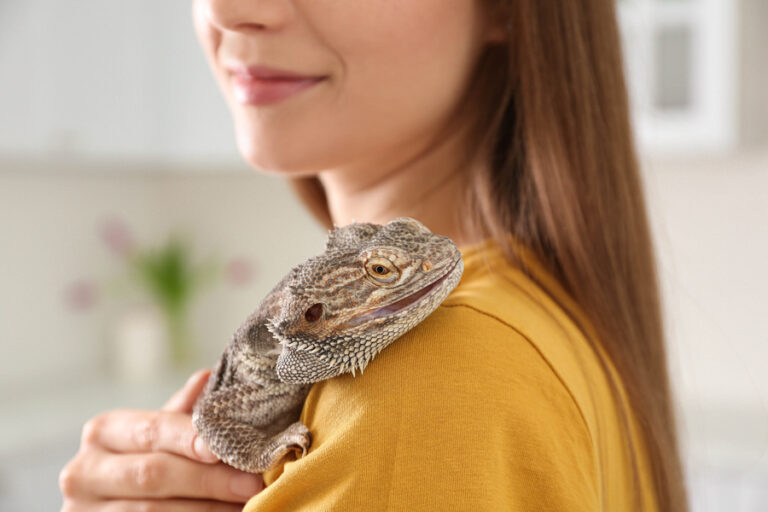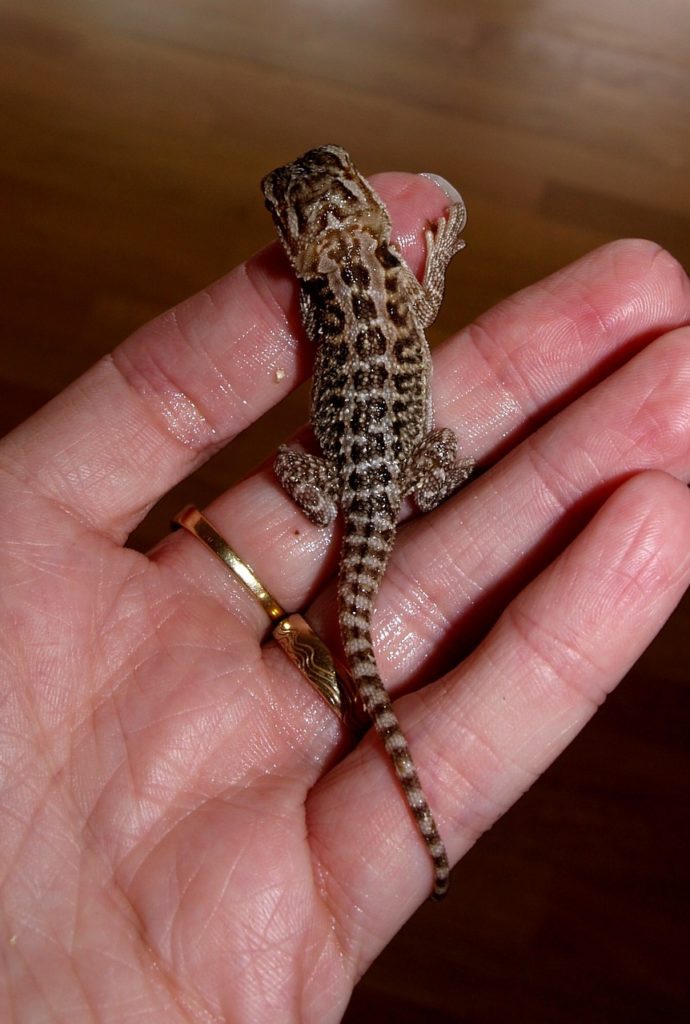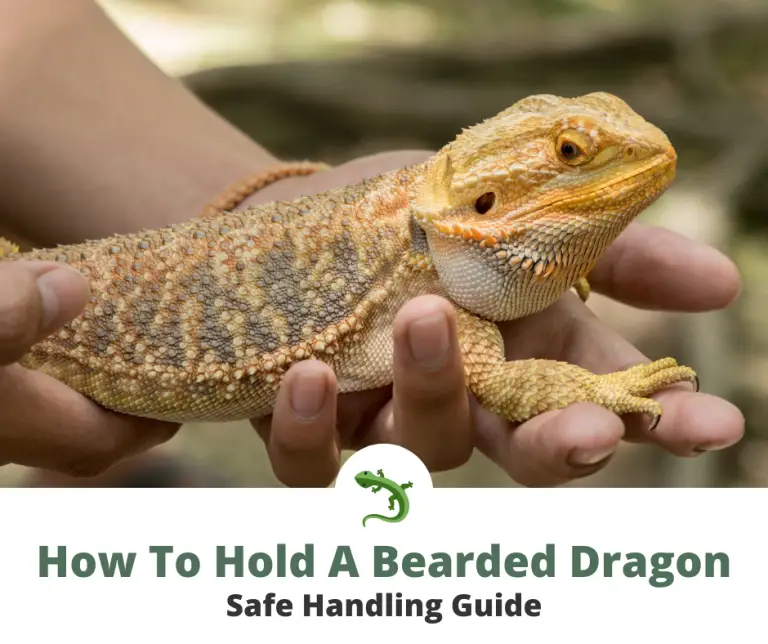Awesome Info About How To Handle Bearded Dragons

Bearded dragons are renowned for their calm behavior and fun demeanor;
How to handle bearded dragons. Engaging in normal activities near your dragon’s enclosure, such as studying, reading, watching tv, or talking on the phone, helps them get used to you. Protein veggies and fruit water dietary supplements how to care for a bearded dragon? Feeding your bearded dragon.
A food dish is a good way to keep the enclosure clean, but it won’t work well for insects like roaches and crickets. As well as this, you'll need to provide a 10 to 12 per cent fluorescent uv tube at the hot end, to stop your beardy from getting metabolic bone disease. Carefully lift the bearded dragon up slowly and let the tail rest upon your forearm.
Frequent human contact is the best way for a bearded dragon to learn that you are not a threat. They will likely use your chest or shoulders as a perch, but make sure you are ready to catch them if they fall or get prepared to jump! Bearded dragons are pretty sturdy lizards who aren’t especially frail, but they can still be.
Bearded dragons require ultraviolet light in order to produce vitamin d, which in turn aids calcium absorption; Bearded dragons should always have access to fresh, clean water in a shallow dish. Handling your bearded dragon is entirely safe, but you should wash your hands afterward.
Bearded dragon health checklist what should i feed my bearded dragon? So, they tolerate handling much better than other lizard species. Handle your bearded dragon daily for short periods of time.
The aim of this study was therefore to determine whether the amount of time that bearded dragons (pogona vitticeps), a commonly kept pet species, experienced gentle handling induced no or differing levels of anxiety, as reflected in their subsequent behavioural response to novelty. Bearded dragons need a vivarium that ranges from a hotter (38 to 42°c) bright end, to a cooler (22 to 26°c) shaded end. Hold and handle your dragon daily, for about 10 minutes at a time, and it will become increasingly tame and comfortable with your presence.
But even though they don’t mind you handling them, there are some rules that you must follow when handling dragons. Bearded dragons (pogona vitticeps), affectionately known as beardies, live in deserts and other dry corners in australia. These pets start out small and.
If one foot is left out, s/he will feel off balance and start to thrash to regain it. Most bearded dragon enjoy being the center of attention and love coming out their cage to look around. Handle your bearded dragon in calm, controlled settings.
One thermometer on the hot side and one on the cool side will make sure that your temperatures are in the correct range. If the bearded dragon tries to escape or begins fidgeting do not squeeze or grasp it tightly. Carefully slide your hand under the belly of the bearded dragon.
Bearded dragons are so popular because of their docile and friendly nature. The dish should not be deep enough for them to get stuck inside or drown. Here are some tips to make it a positive experience for both of you.
